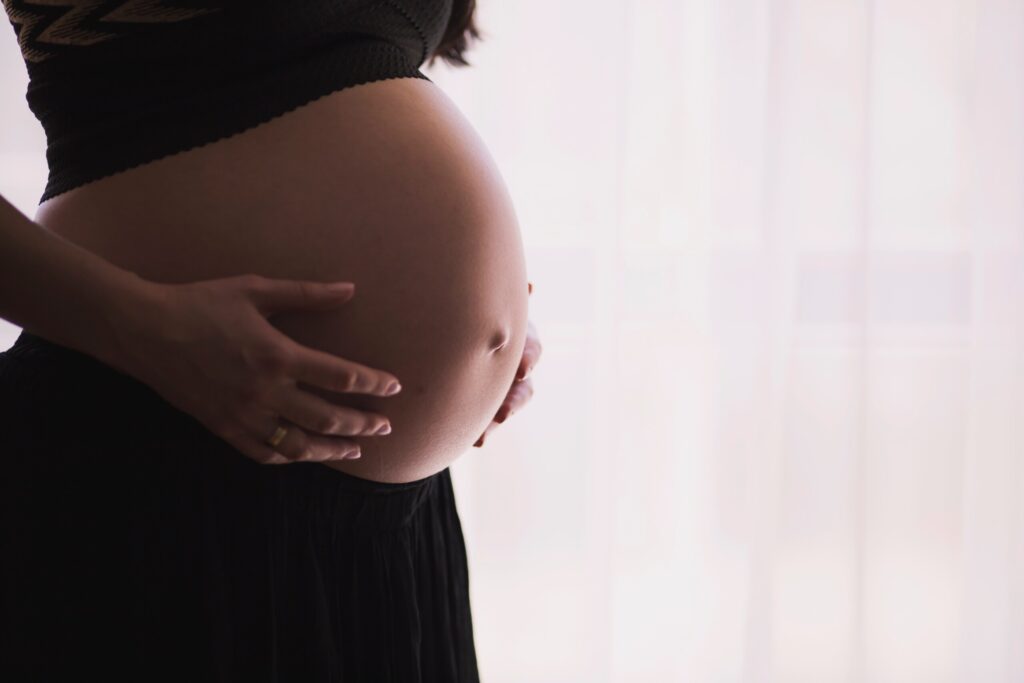There are many factors that increase your hemorrhoid risk. And these include sitting too long on the toilet, straining to pass a bowl movement, and pregnancy. But what's the common element between all these risk factors? Well, they all increase pressure on the lower part of your pelvis. In turn, they contribute to varicose vein formation in and around the rectum.
Pregnancy hemorrhoids are particularly common because carrying your baby puts extra weight on your pelvis; increases your risk for constipation because of changing hormone levels; and puts your body through the forces of labor and delivery.
Now, any treatments during pregnancy have to be safe for your growing baby. But once you've delivered, you can seek additional treatment options for any persistent symptoms. For that reason, today’s post will focus on hemorrhoid management during pregnancy, along with post-partum treatment options that cna provide lasting relief.

Anyone with mild hemorrhoid symptoms may find relief from changes to their diet, focusing on additions and eliminations that reduce your risk for constipation. To begin, increase your fluid and fiber intake, helping to soften your stool and reduce straining when you try to pass a bowel movement.
As long as it is safe for you to do so, you can also get regular exercise. Walking, swimming and other low-impact workouts are great choices, since they boost blood flow without putting extra pressure on the rest of your body. Finally, do your best to sit less throughout the day. And, if you do get hemorrhoids during your pregnancy, try gently applying witch hazel pads to the affected area, or soaking in a warm bath for symptom relief.
Your pregnancy hemorrhoids may resolve after delivering your baby—but the relief is unlikely to be immediate. Instead, you may have persistent symptoms for week, especially if you experience post-partum constipation, as many women do.
In fact, some women may still be dealing with the itching, pain and bleeding associated with internal hemorrhoids months after having their babies. At that point, if you haven't found relief, you may wish to explore a medical procedure to treat hemorrhoids. Luckily, that doesn't mean you'll need to have surgery. Instead, you can request a consultation with the Georgia Hemorrhoid Institute. When you come into the center, you can explore your candidacy for Hemorrhoid Artery Embolization (HAE), a minimally invasive treatment that resolves grade 2-3 internal hemorrhoids without surgery.

Atlanta
3225 Cumberland Blvd. Southeast, Suite 520
Atlanta, GA 30339
Stockbridge
1035 Southcrest Dr., Suite 220 + 250
Stockbridge, GA 30281
Tucker
1975 Lakeside Pkwy., Suite 300
Tucker, GA 30084
Scheduling
Please contact our dedicated specialists to schedule a consultation today.
2025 Georgia Hemorrhoid Institute. All rights reserved. Website Design by Healthcare Success